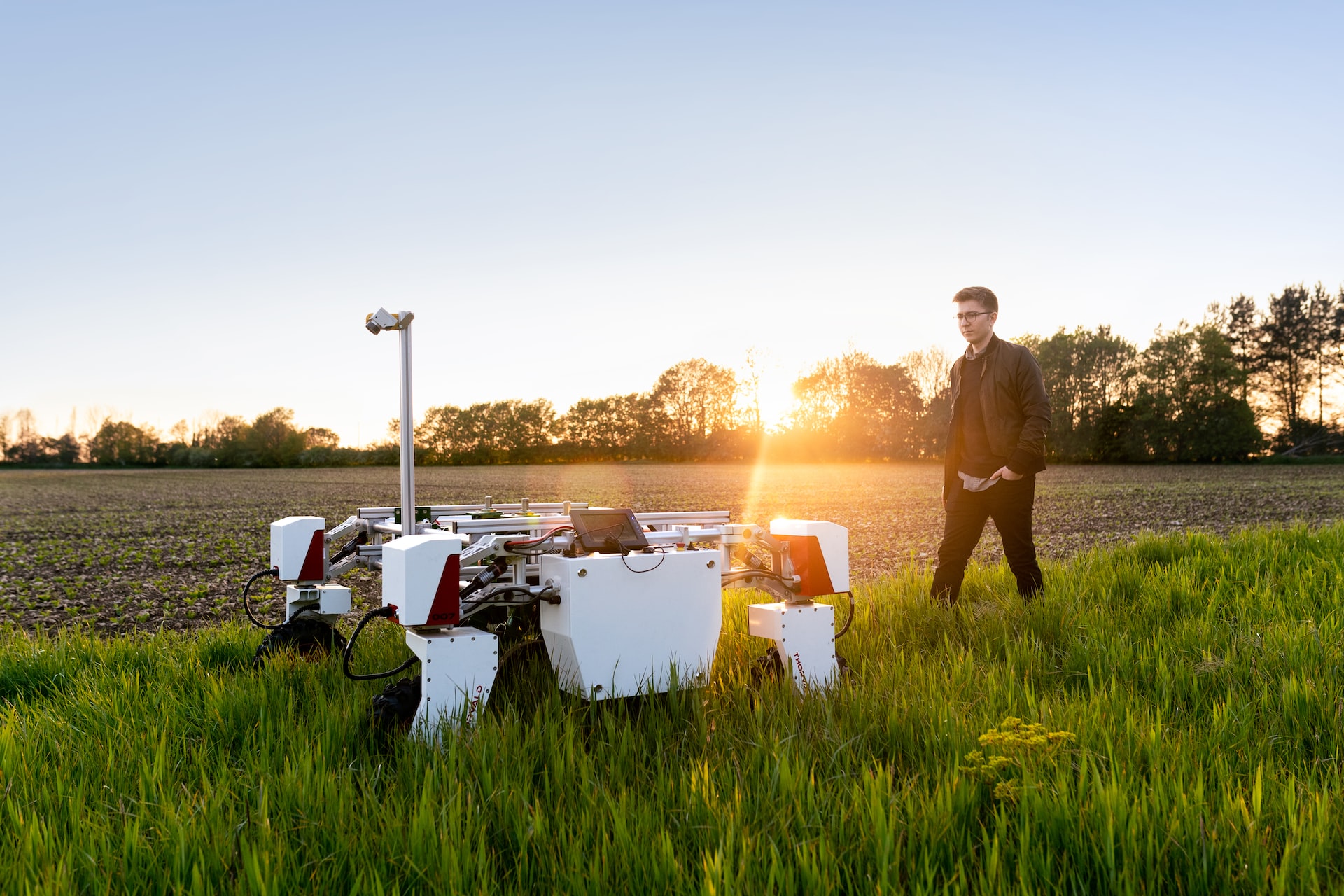Get Support
+91 9123517774

Environmental Engineering is explained in detail
Water supply and treatment, sewage treatment, surface water management, groundwater quality, contaminated site remediation, and solid waste management are all typically handled by civil engineers.
Environmental engineers are also employed
Specializations in Environmental Engineering
Coastal engineering
Coastal engineering deals with the dangers and requirements posed by coastal development. Coastal engineers may be in charge of monitoring wave activity and damage to coastal flora and fauna, among other things.
Geophysical engineering
Geophysical engineering creates better and safer methods for extracting resources or mining.
Ocean engineering
Ocean engineering is concerned with the ocean environment and intersects with other disciplines such as marine biology and oceanography


What Are the Duties of Environmental Engineers?
Environmental engineers are using analysis and design, soil science, biology, and chemistry principles to resolve environmental issues. The profession's goal is to keep harmful biological and chemical contaminants from entering the air, soil, or water. To do so, these professionals must understand the biological and chemical components of potential contaminants, as well as the agricultural or industrial processes that could result in their release into the environment. This knowledge enables the development or modification of processes to reduce or eliminate the release of these pollutants.
Environmental engineers can not only prevent contaminants from entering the environment, but they can also identify and locate harmful emissions previously published. Given the vast areas that they may need to cover and investigate, this can be difficult. Once located, these engineers collaborate with businesses to avoid or reduce pollution production and release. Environmental engineers are involved in treating wastewater, air and water quality pollution control, sewage disposal, reprocessing, an environmental health. Working to reduce the environmental impact of proposed construction sites, these experts also investigate th environmental impact of technological advances, whether in urban, rural, or recreational areas.
These engineers develop regulations and may be called experts in legal disputes, so they must be familiar with applicable laws as well as evaluate potential hazards and advise on solutions.
Where Can You Find Environmental Engineers?
Because of the nature of the job, environmental engineers work in a variety of settings, depending on whether they are employed in agriculture, industry, for a government agency, or as consultants. Much of the work is done from offices, where projects can be planned and reports can be written, though site visits may be required t assess the impact of construction or other works. As part of their job, environmental engineers may be required to visit clients. The role can be local or global in nature, which means there may be opportunities for international travel depending on the nature of the job.
How to Get a Job as an Environmental Engineer (Where to Get Started)
Most roles in environmental engineering require a bachelor's degree in engineering as a minimum requirement, though some roles or employers may also require professional engineer certification, and other, more senior positions may require a master's degree as well. Rather than offering a full degree in environmental engineering, many universities deliver environmental engineering programs through th departments of civil engineering or chemical engineering, with subdivisions ranging from natural resource engineering to agricultura engineering. Mechanical engineering courses aimed at the design of machines and systems for environmental applications, as well as environmenta technology courses aimed at the creation of devices to monitor, measure, model, and control environmental impacts, are also options.
The exact requirements for entering environmental engineering vary depending on location, but in general, the paths are to take a degree course or to enroll in an apprenticeship program. In some cases, you may be able to learn on the job or transfer from a related occupation, such as environmental sustainability or consulting.


University Degree / Graduate Training
An undergraduate degree in a relevant subject, such as civil engineering, chemical engineering, environmental engineering, marine engineering, mechanical engineering, or process engineering, is a common path into the profession. Following this, you can pursue postgraduate studies to make yourself more appealing to potential employers
Why is Environmental Engineering a Good Career Option?
Environmental engineering gives you a chance to help mankind and the world all around us by putting your knowledge, skills, and skills to use. This includes preserving the natural environment and making better use of natural resources like water. This career also has good job prospects, with organizations like the US Bureau of Labor Statistics predicting average employment growtof 3.7 percent between now and 2030, which is higher than the rate for many other occupations.
What is the role of environmental engineering in the world?
Environmental engineering benefits the world by assisting in the prevention of pollution, which includes cleaning up the environment, treating water, and safely disposing of waste. Environmental engineers collaborate with other experts and scientists to develop innovative ways to minimize and control damage caused by pollutants, contaminants, and improper waste disposal to manage the effects of pollution and solid waste on living organisms and the environment, including hazardous waste management.


Pollution is a major concern for environmental engineers?
Pollution has become one of the major concerns for environmental engineers in recent times. The effects of pollution on our planet are becoming more and more apparent as time goes on, and it is up to environmental engineers to find ways to reduce or eliminate it. With the help of advanced technology, they can now detect and monitor sources of pollution, develop strategies for reducing emissions, and create solutions that will help protect our environment from further degradation. Environmental engineers are also tasked with finding ways to clean up existing pollution sources and provide clean air and water for future generations. It is their responsibility to ensure that our planet remains a safe place for us all to live in.


